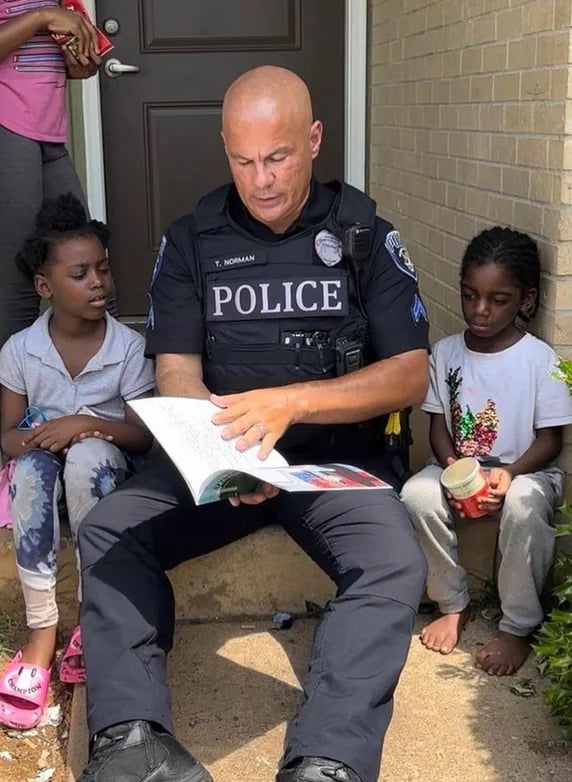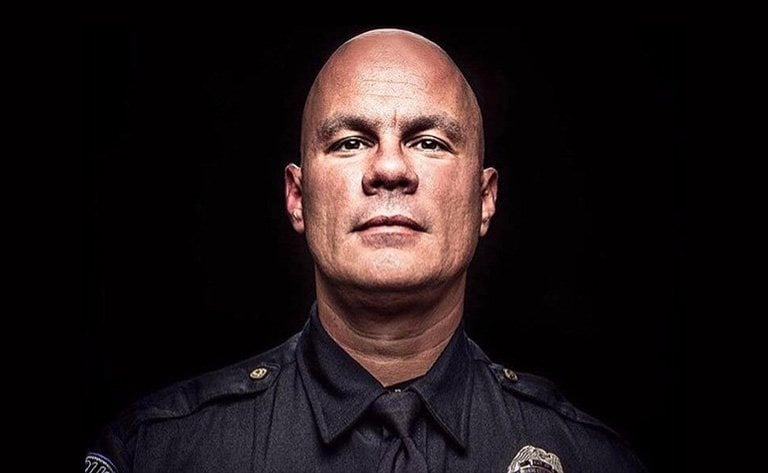
Early Life and Career Foundation


The Rise of a Community Policing Pioneer
Norman developed a reputation for pioneering “positive community policing,” focusing on the human connection between officers and citizens. Utilizing social media platforms extensively, Norman documented thousands of interactions, from playful dances with children to supporting disadvantaged youth through school supply drives and programs like “Shop with a Cop.”
His social media presence, particularly on Instagram with over a million followers, transformed the understanding of police work by highlighting joy, empathy, and partnership rather than enforcement alone. This approach stood out amid nationwide conversations about police-community relations and served to challenge negative stereotypes about law enforcement.
Media Impact and Public Recognition
Norman attracted national attention through coverage in various media outlets. His story gained further momentum when high-profile figures such as rapper The Game and his son Harlem publicly supported him by raising over $60,000 to help Norman stock his patrol car with supplies for community members. This grassroots fundraising gesture symbolized the broad appeal and respect Norman’s methods engendered across diverse audiences.


Despite challenges, such as internal police department policies affecting his on-duty social media activity, Norman’s visibility and influence have only grown. The police department officially expressed support for his work, emphasizing his positive contribution to community relations.
Cultural and Social Significance
Officer Norman’s policing model carries profound cultural and social implications. At a time when law enforcement often faces public distrust due to incidents of brutality or misconduct, Norman demonstrates that positive, humanized interactions can reshape perceptions and build vital bridges. His work has been characterized as a beacon of hope, inspiring both police officers and civilians to engage with empathy and cooperation.
Norman’s approach stresses that policing is not limited to crime fighting but includes being actively involved in the everyday well-being of community members. The website reflects this by sharing examples like checking on the elderly, supporting children’s education, and responding to crises with compassion and presence.